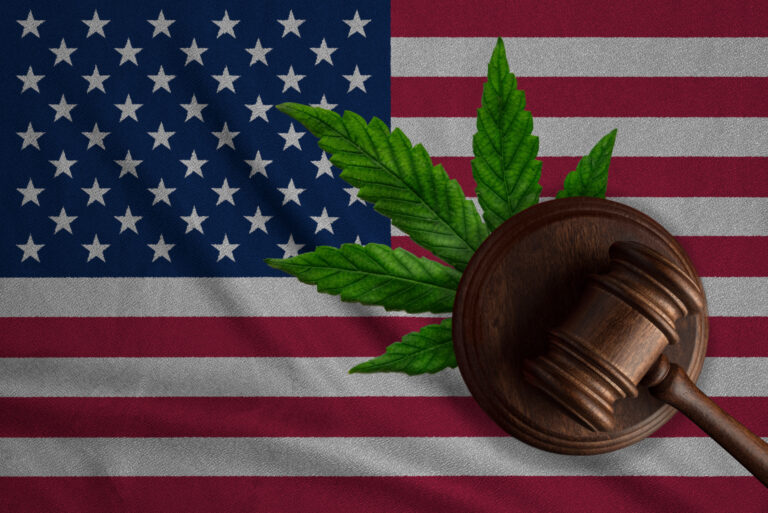While the proposed rescheduling of marijuana to a Schedule III drug remains up in the air, a number of other events are taking place that will likely bring down some of the recent highs of the CBD and THC industry. Not only is Congress reconsidering the hemp-related aspects of the 2018 Farm Bill, but numerous cannabis businesses have received Warning Letters from the FDA, and an edibles outbreak has caused more than 100 illnesses.
CBD and THC products have long ridden the grey line of lawfulness with state legalization and federal illegality, but since the passage of the 2018 Farm Bill, loopholes have been found enabling the development and sale of Delta-8 THC products, due to its hemp-based production.
Now both the Senate and the House are proposing changes to the upcoming 2024 Farm Bill that would reduce that. The Senate bill would change the basis of the 0.3 legal limits of THC in hemp products from a product’s delta-9 concentration to its total THC concentration. The House proposal would restrict hemp usage to only “naturally occurring, naturally derived and nonintoxicating cannabinoids.” With such proposals coming from both the House and the Senate, it is obvious that Congress is seeking to close the hemp THC loophole.
Given this activity at the federal level, the recent edibles outbreak – which has possibly caused more than 100 illnesses, including more than 40 hospitalizations and two potentially associated deaths (as of July 29) – can only stoke the fires. The outbreak is being investigated by CDC, FDA, America’s Poison Centers, and state and local partners. The cause has not yet been determined, but the investigation of the recalled micro-dosing edibles including chocolate bars, cones and gummies, has identified the presence of illegal chemicals such as psilocybin and psilocin found in psychedelic mushrooms.
Although this outbreak was not focused on cannabis products themselves, any negative focus on any edible is likely to generate negative focus on all edibles, and further the arguments against legality.
On top of all this, let’s add the several warning letters issued by FDA to companies producing various products containing Delta-8 tetrahydrocannabinol (Delta-8 THC). Due to its derivation from hemp legalized by the 2018 Farm Bill, Delta-8 slipped through the loopholes of federal illegality and has been sold in various formulations. However, because FDA holds governance over foods, it has deemed Delta-8 to be an unsafe food additive; thus, products containing Delta-8 are deemed to be adulterated.
The warning letters issued to firms marketing cannabis-derived products, including those with CBD and Delta-8 THC, focused on the products’ adulterated state due to containment of an “unsafe food additive” along with the “prohibited act to introduce adulterated food into interstate commerce.” Delta-8 THC is considered to be unsafe because it has not been evaluated for safety, FDA has received adverse events reports related to Delta-8 products, and there are concerns about the processes used to create the substance. The FDA plans to continue such action against cannabis-derived products, including CBD, “to protect the public.”
Even while states continue to move forward with both medical and adult-use marijuana legality, certain segments of the federal government continue to push back. We’d love to predict that it will eventually even out across the nation with federal rather than state-by-state legalization, but the federal pushback and continued challenges for edibles in general leave us wary of any imminent changes.





